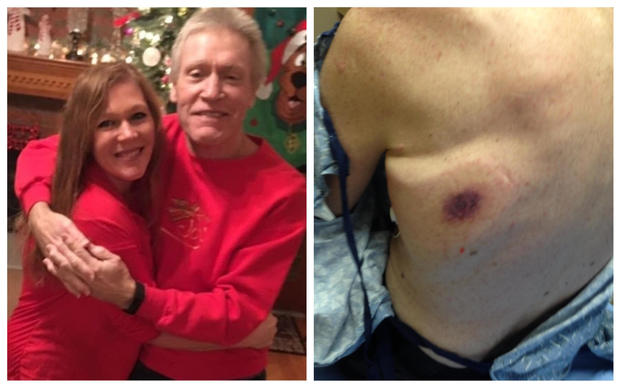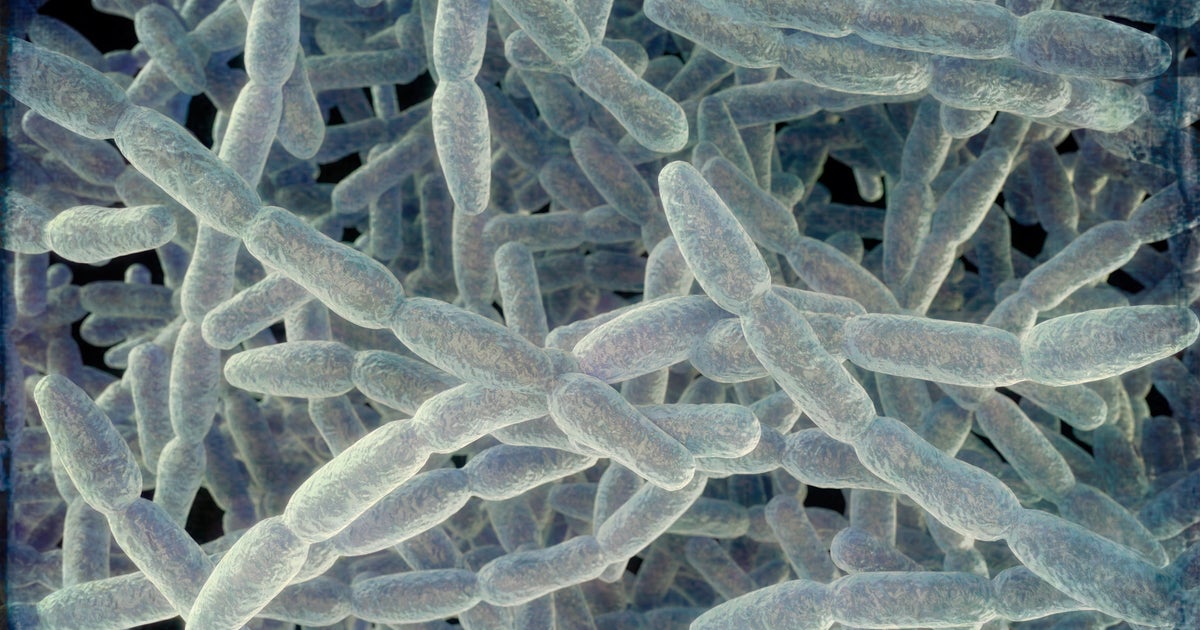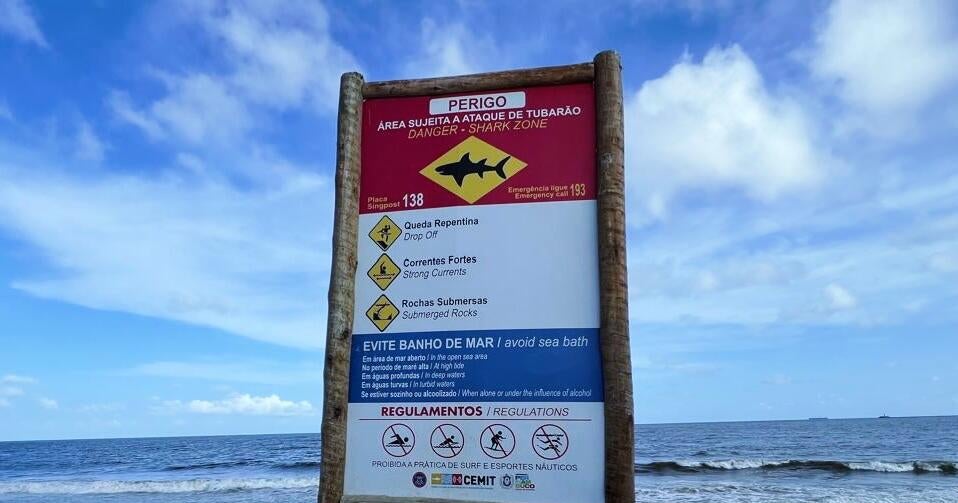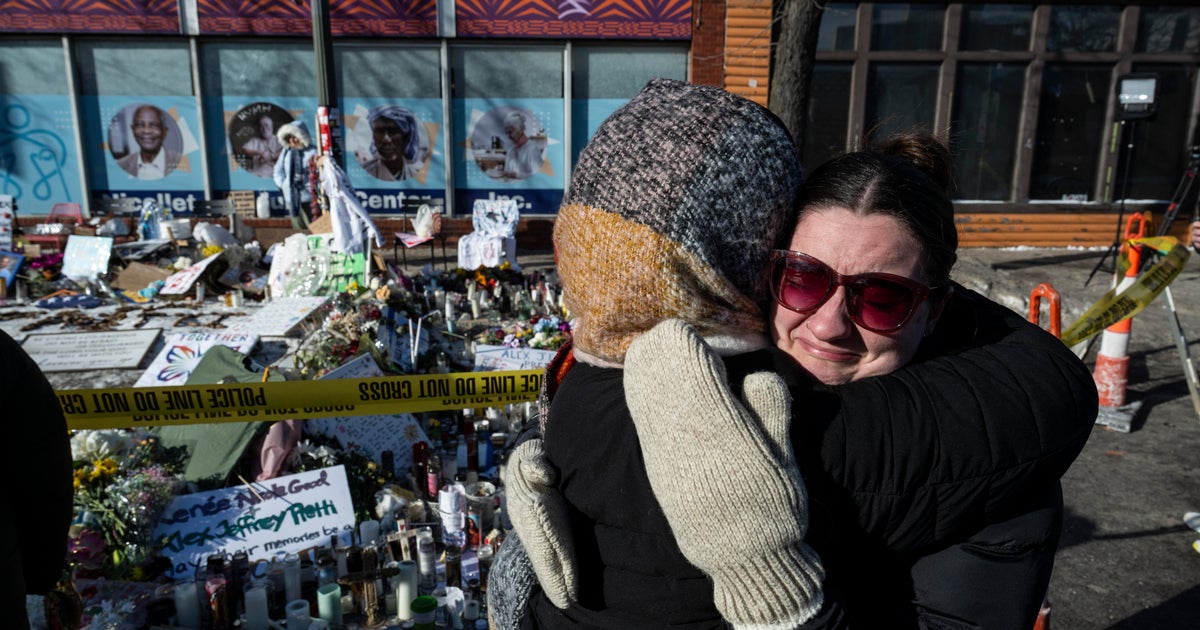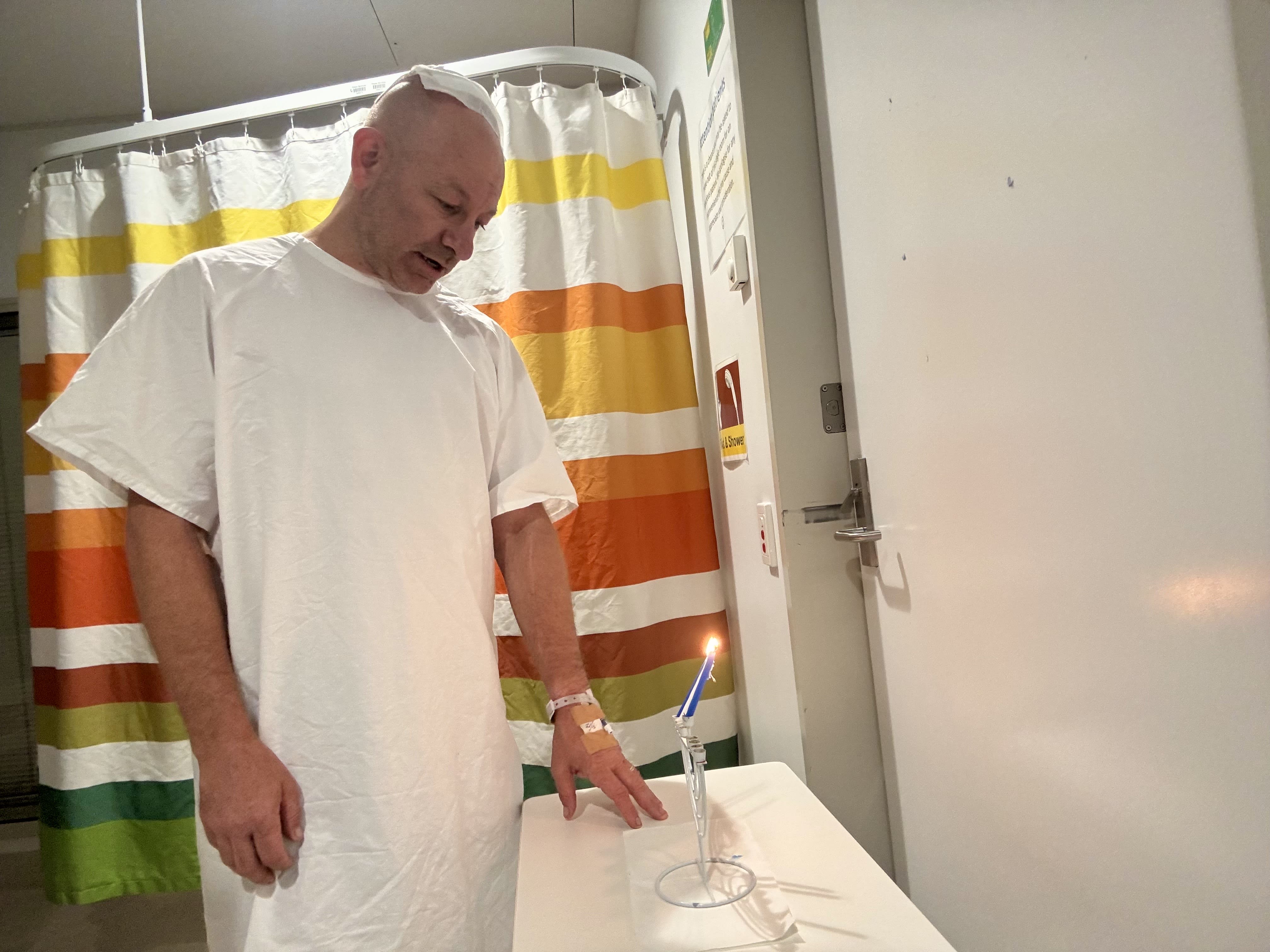Man dies from flesh-eating bacteria 48 hours after Florida beach trip, family says
A woman from Niceville, Florida, is warning others that flesh-eating bacteria is not an urban legend – it is a real threat that took her father's life. Cheryl Bennett Wiygul wrote a lengthy Facebook post on July 10 explaining the short timeline from when her dad became infected by the bacteria to when he died about 48 hours later.
"There is not enough education out there about the bacteria in the water. There needs to be signs posted at every beach, every city and state park, and every bayou stating that 'due to naturally occurring bacteria in the water people with open wounds or compromised immune systems should not enter,'" Wiygul wrote.
She explained her dad is battling cancer and therefore has a compromised immune system. However, he has gone swimming many time over the years and his family did not see the risk. This time, Wiygul's parents were visiting her in Okaloosa County, Florida, about a week after a 12-year-old girl contacted a flesh-eating bacterial infection in Destin, her post said.
Okaloosa County put out information to defuse any rumors about the incident. Officials said the girl had a cut on her leg, which lead Wiygul to believe as long as no one went into the water with open wounds, they'd be OK.
"When my parents got in town I was fanatical about Neosporin and liquid bandaid," Wiygul wrote. "My Dad didn't have any open wounds. He had a couple places that were practicality healed small scratches on his arms and legs that I made sure were super sealed up."
The family "had a blast" splashing around various bays and beaches, Wiygul said. Her dad seemed fine until about 4:00 a.m. on Saturday morning. "12 hours after we were in the water, he woke up with a fever, chills and some cramping," his daughter wrote.
Since her dad has a history with illness, Wiygul's parents thought it was best to go home to Memphis to be closer to his doctors. On the way home, however, her dad's condition drastically worsened. He was suffering severe pain in his legs, and when he got to Baptist Hospital in Memphis, there was a swollen sore on his back that had not been there before, Wiygul said.
She said her mother told the hospital staff he had been in Florida, where there was bacteria in the water that could cause the so-called flesh-eating infection necrotizing fasciitis. However, "one person told her the media had blown that out of proportion. Others said it was staph," Wiygul wrote.
Her dad's condition worsened and he was moved to the ICU. "He was gone by Sunday afternoon. Less than 48 hours after getting out of the water feeling great, the bacteria had destroyed him," Wiygul wrote.
The concerned daughter said when the family got her dad's test results back, they confirmed he had been infected with Vibrio vulnificus, "which manifests into necrotizing fasciitis" she said.
Vibrio vulnificus is found in high-salinity, brackish waters with surface temperatures above 13 degrees Celsius, or 55 degrees Fahrenheit, medical research shows. It has typically been found in the warm waters of the Gulf Coast and southern states like Louisiana and Texas, especially during the months from May to October. One recent study suggests it's also becoming more common as far north as Delaware Bay.
Wiygul wants others to take the potential risk seriously. "There were no bacteria warnings at any beach or park we went to. They do post advisories for high bacteria but there were none," she wrote. "I would never have taken my Dad in the water if there was a bacteria advisory but it would have been because I didn't want him to get a stomach virus not because I thought it would kill him."
She said she doesn't want to scare people into not going to the beach or swimming, but she wants others to recognize the symptoms and become educated about flesh-eating bacteria.
Vibrio vulnificus causes about 205 infections in the United States every year, the CDC estimates. Anyone can be affected, but people with compromised immune systems or liver disease are more likely to get an infection and severe complications, the CDC says.
